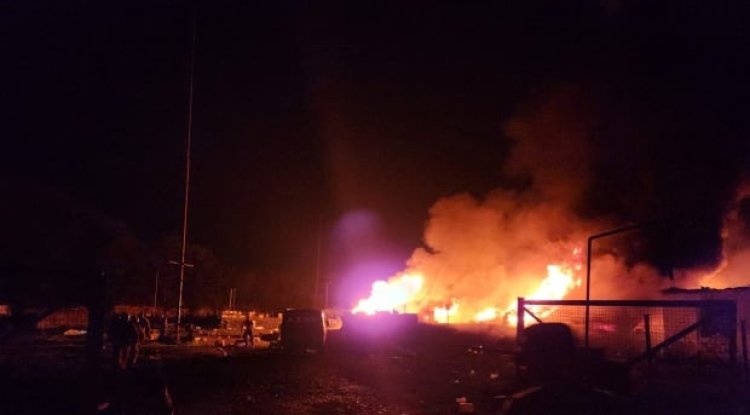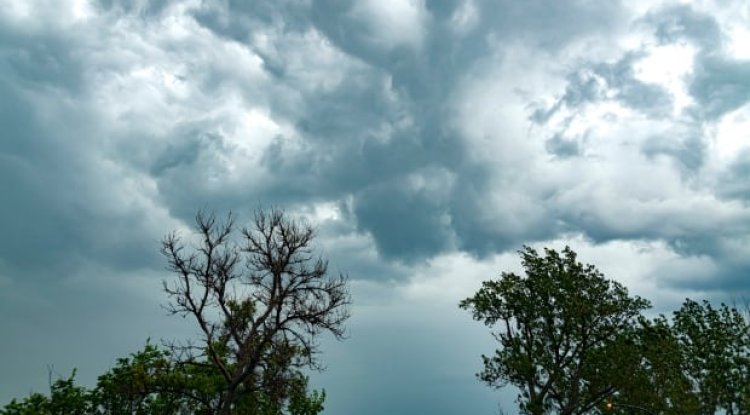Sask. reaches grim milestone of 2,000 total COVID-19 deaths
The five people who died from COVID-19 from June 18 to July 15 were aged 60 or older, according to the latest provincial community respiratory illness surveillance program (CRISP) situation report. (Shutterstock)Saskatchewan has reached a morbid milestone: 2,000 people in the province have died from COVID-19.The provincial government recently released the latest community respiratory illness surveillance program situation report, which follows COVID-19 and other diseases throughout Saskatchewan.Five more people died from COVID-19 from June 18 to July 15, the latest reporting period, which pushed the total death count to 2,000 since March 2020."It's a sad day to reach that number," said Erika Dyck, a history of health and social justice professor at the University of Saskatchewan.Dyck and several of her colleagues are working on a public memorial called Remembering Lives Not Numbers that features photos and inscriptions about dozens of Saskatchewan residents who died from the illness.Th


Saskatchewan has reached a morbid milestone: 2,000 people in the province have died from COVID-19.
The provincial government recently released the latest community respiratory illness surveillance program situation report, which follows COVID-19 and other diseases throughout Saskatchewan.
Five more people died from COVID-19 from June 18 to July 15, the latest reporting period, which pushed the total death count to 2,000 since March 2020.
"It's a sad day to reach that number," said Erika Dyck, a history of health and social justice professor at the University of Saskatchewan.
Dyck and several of her colleagues are working on a public memorial called Remembering Lives Not Numbers that features photos and inscriptions about dozens of Saskatchewan residents who died from the illness.
The project, she said, has served as a "poignant reminder of the challenges that the province continues to face with deaths associated with COVID," including determining the role the illness played in a person's death.
The Saskatchewan government has progressively scaled back its reporting on COVID-19 for about a year and a half. Now, its updates come monthly.
CBC News has contacted the health ministry for comment about the total death count.
Pandemic still ongoing
In May, the World Health Organization downgraded the COVID-19 pandemic, stating it no longer qualified as a global health emergency. The WHO noted the pandemic is still ongoing, as the virus that causes COVID-19 continues to circulate.
In Saskatchewan, COVID-19 killed fewer people than past health emergencies, such as the flu pandemic that spanned from 1918 to 1920 and killed more than 5,000 people in the province.
Further work is being done to determine which deaths were caused directly and indirectly by COVID-19, Dyck said. But the pandemic still changed many parts of people's lives, including how they could grieve, and exacerbated systemic issues and inequalities that already existed.
"It's a reminder of the impact of these infectious diseases and how much they've affected the rhythms of our life and the way that we grieve," she said.
As society tries to shift to a post-pandemic life, Dyck hopes people don't completely forget what has occurred over the past several years, because it's important to take away lessons from the pandemic.
"Many pandemics are described as the forgotten disease, the forgotten pandemic," she said.
"Living through this moment, it is really tempting to just put it in the rearview mirror and think about building things forward. That's really important and we need to do that, but we need to do that with an eye to what has happened and really who suffered the greatest during this period."
The five people who died during the previous four reporting weeks were all people aged 60 or older, the CRISP report says.
What's Your Reaction?

















